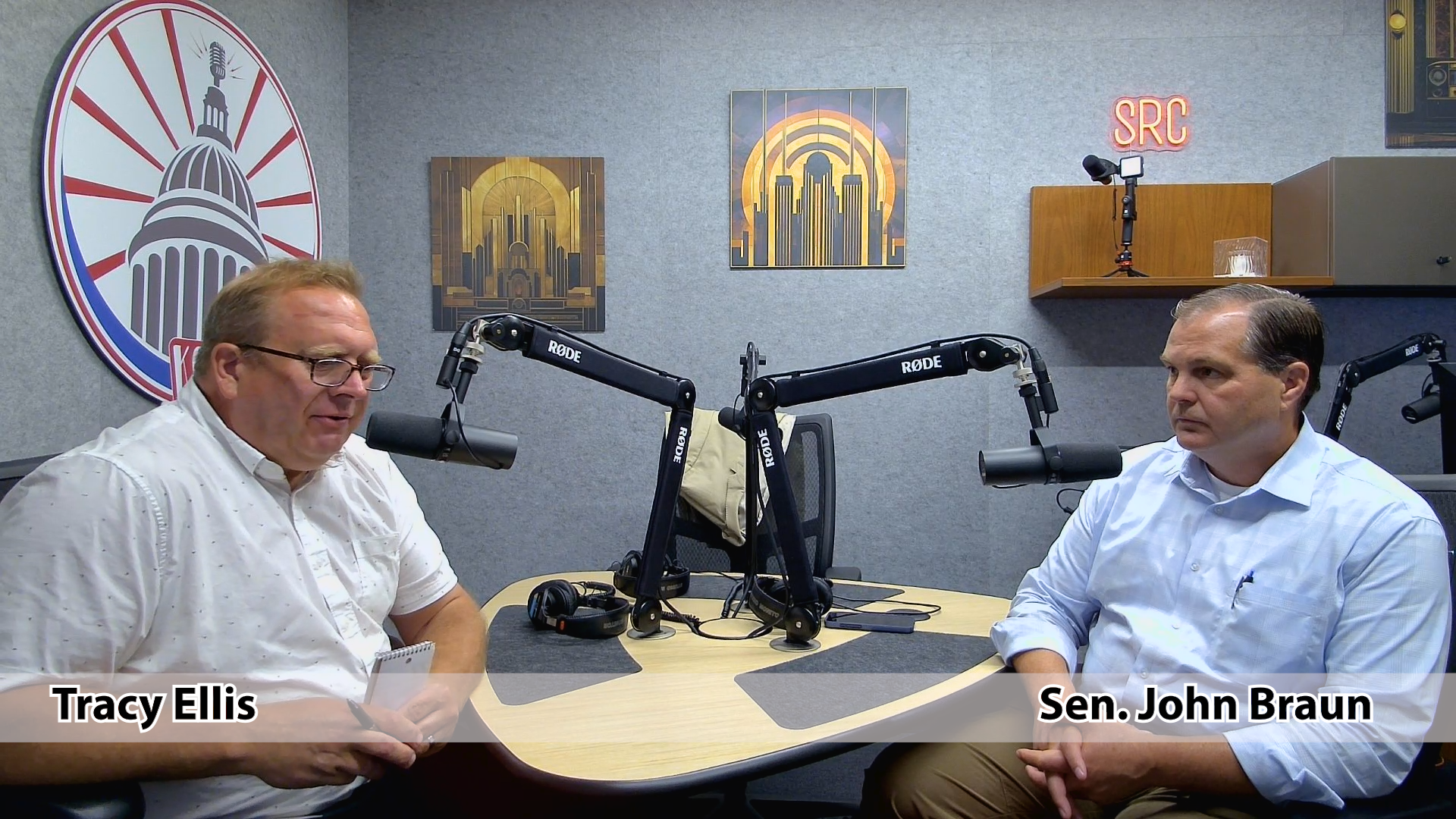LISTEN
This is a simplified and edited version of the original podcast conversation. It’s designed to make the key points easier to follow and more engaging for readers. Some phrasing has been condensed or reworded for clarity and flow
Medicaid Work Requirements – Clearing the Air
Tracy Ellis:
Last time, we talked about the “Big Beautiful Bill” and its possible effects on Medicaid in Washington. Any updates, Senator?
Sen. John Braun:
Yes. The Health Care Authority presented at an interim committee meeting and basically said… “we don’t know yet.” There’s been a lot of fearmongering, but the change really just requires able-bodied adults without dependents to work, volunteer, or study 20 hours a week to stay on Medicaid.
Many of these folks may already be meeting that threshold. And if they work more, they might even qualify for private insurance with better benefits. Also, implementation won’t begin until late 2026—so we’ve got time.
Tracy Ellis:
Democrats have said some of these folks already work.
Sen. John Braun:
Exactly. If they do, great—no disruption. And with Medicaid and SNAP managed under one system, tracking this requirement should be more straightforward than originally feared.
Auto Thefts and Police Pursuits – What Changed?
Tracy Ellis:
Let’s talk about auto thefts. The numbers are down, right?
Sen. John Braun:
Dramatically. In 2021, police needed “probable cause” to pursue suspects—an extremely high standard. As a result, pursuit basically stopped, and auto thefts skyrocketed. We had over 4,000 thefts a month at one point and ranked second in the nation.
In 2024, we repealed that law via a bipartisan effort fueled by 400,000 voter signatures. We returned to “reasonable suspicion” as the standard and gave trained officers discretion to pursue.
Tracy Ellis:
Have pursuit-related accidents increased?
Sen. John Braun:
No spike in unintended injuries. Officers and supervisors make these decisions carefully, based on solid training protocols.
Juvenile Rehabilitation – Green Hill Crisis
Tracy Ellis:
Green Hill, a juvenile facility in your district, was featured in a KING 5 report. Serious problems—drug smuggling, inappropriate staff behavior. What’s being done?
Sen. John Braun:
The core issue is overcrowding caused by the JRA-25 law, which lets youth convicted as adults stay in juvenile facilities until age 25. Green Hill was built for 180; it’s housing 250. It’s unsafe for residents and staff, and rehab services can’t be delivered properly.
We passed a Senate bill to help DCYF manage population better, but it died in the House. Meanwhile, misconduct by a few staff members—drug smuggling, sexual relationships—has damaged the entire facility’s credibility.
Tracy Ellis:
Why is DCYF running this instead of the Department of Corrections?
Sen. John Braun:
Great question. Corrections handled it before 2007. DCYF is focused on child welfare, not criminal rehab. And most residents at Green Hill are convicted of violent crimes. It’s more like a prison than a foster facility.
We need a better fit—especially since the most difficult age group in adult corrections is 19–25. We’ve essentially transferred that same group to an under-resourced system.
Finding Common Ground and Budget Solutions
Tracy Ellis:
Are Democrats starting to shift their views?
Sen. John Braun:
Some are. We’ve had real conversations. Some understand the program isn’t working and are open to reforms. Others still push for reduced sentencing and early releases without accounting for public safety risks.
Tracy Ellis:
Is money the problem?
Sen. John Braun:
Not really. We spend around $60K per inmate in corrections—but over $250K in juvenile rehab. We just need to make smart choices: help those who are committed to change, and find better placements for others. It’s about aligning compassion with accountability.
Tracy Ellis:
Budgets are about decisions.
Sen. John Braun:
Exactly. It’s not just about throwing money at problems—it’s about being strategic and responsible with taxpayer dollars.
Closing Thoughts
Tracy Ellis:
Thanks, Senator. You’ve given us a lot to think about—from Medicaid and law enforcement to juvenile justice and budget priorities.
Sen. John Braun:
Thanks, Tracy. These are tough issues, but if we stay focused on outcomes and common sense, we can make real progress.







